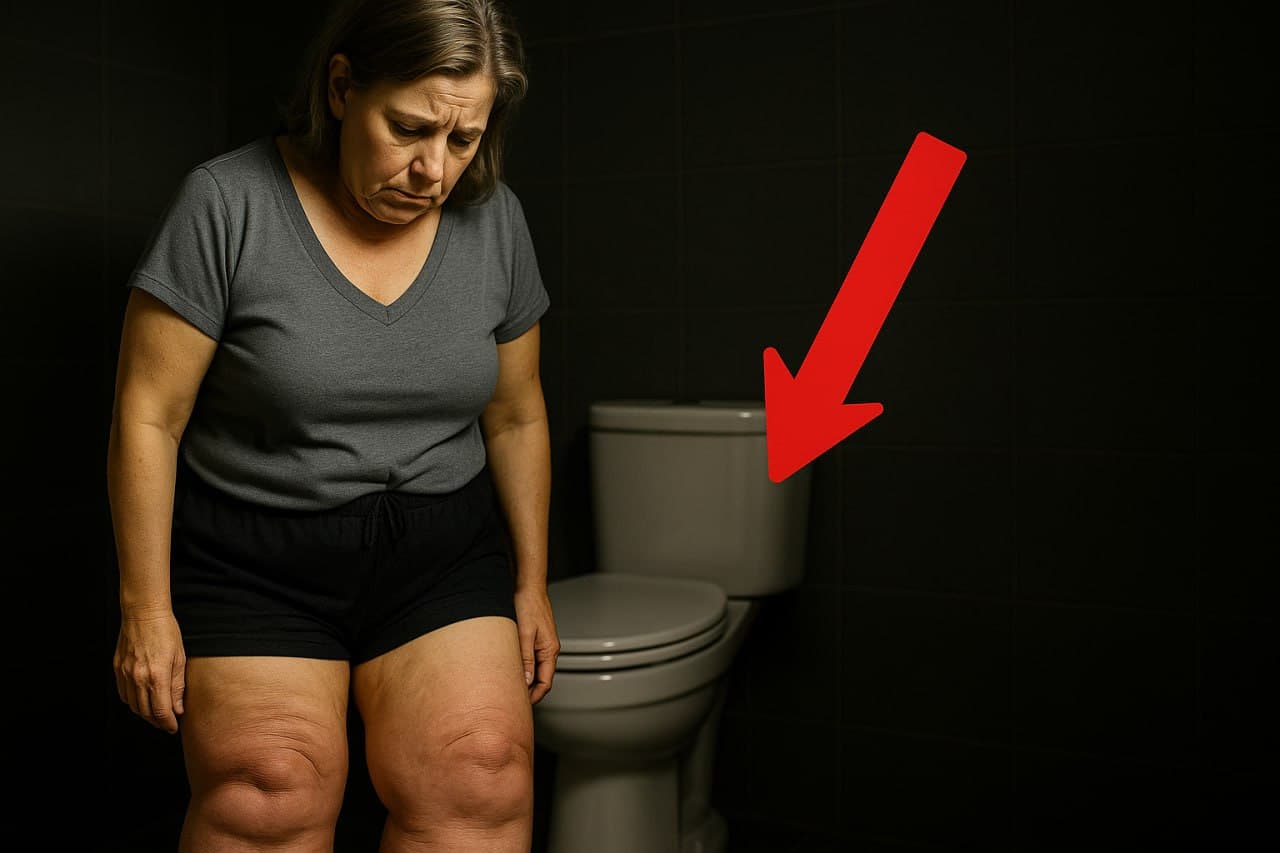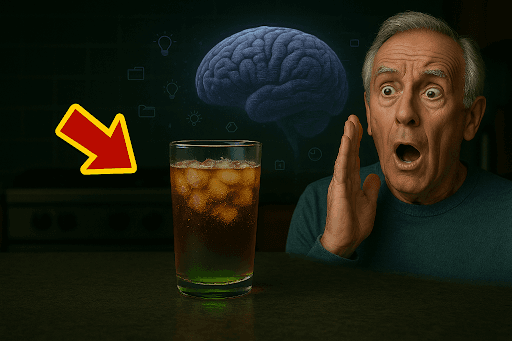Every Diet Myth Debunked in 12 Minutes
In today's world, where dietary trends and misconceptions abound, understanding the science behind what we eat is crucial for maintaining a balanced lifestyle. Experts have debunked several popular diet myths, revealing a clearer path to healthy living.
For years, carbohydrates have been unfairly blamed for weight gain. However, the reality is more nuanced. According to the American Heart Association, it's not the carbs themselves but the type of carbohydrates and your overall diet quality that impact weight.
- Complex carbs from whole grains, vegetables, and fruits are energy-rich, essential, and promote satiety and health.
- Refined carbs like sugary snacks lead to blood sugar spikes, overeating, and weight gain.
Incorporating complex carbs into your diet, while avoiding refined ones, ensures sustained energy and overall well-being.
The belief that all fats are detrimental has been debunked. It is essential to distinguish between healthy and harmful fats. According to Harvard Medical School, healthy fats, such as those found in avocados and olive oil, aid in weight management and provide critical health benefits.
- Healthy fats support brain function, hormone production, and vitamin absorption.
- Unsaturated fats can help lower bad cholesterol levels, unlike trans fats.
The Mediterranean diet, rich in healthy fats, exemplifies a balanced approach contributing to reduced risks of heart disease and stroke.
While calories are a universal measure of energy, not all calories are metabolized equally. A National Institutes of Health study found that the source and quality of calories influence health outcomes differently.
- Calories from whole foods boost health and provide necessary nutrients.
- Processed foods with the same calorie count often lead to poorer metabolic health.
Focus on nutrient-dense foods, minimizing empty-calorie processed options, for sustained metabolic health and weight management.
It is a misconception that eating frequently speeds up metabolism. What truly matters is the quality and total consumption of food over the day.
- Balanced meals with proteins, healthy fats, and complex carbs provide lasting energy.
Prioritize meal quality over frequency for improved health outcomes.
Detox diets promise rapid toxin removal but typically lack scientific backing. Your body, thanks to the liver and kidneys, is inherently efficient in detoxification without extreme measures. Journal of Human Nutrition and Dietetics underscores the ineffectiveness of such diets.
“Your liver and kidneys are your body's built-in detox system.”
Embrace a diet rich in whole foods, fruits, vegetables, and adequate hydration to naturally support your body’s detox processes.
While exercise supports overall health and aids weight management, dietary changes provide more impact on weight loss according to various studies.
- Smart food choices typically lead to more significant weight loss than exercise alone.
Combine both dietary changes and physical activity for optimal results.
Counter to popular belief, meal timing has little effect on weight gain. According to a study published in the National Library of Medicine, total caloric intake and food quality have more impact.
- A calorie-dense, late-night meal might add weight, not due to timing but excess, low-quality calories.
Opt for nutrient-rich, low-calorie snacks in late evenings to avoid unnecessary weight gain.
Understanding these myths is pivotal for making informed dietary choices. Replace myths with factual insights for a healthier, more balanced lifestyle.
From Around The Web
Wellness Inbox is a blog & weekly newsletter that curates trending news and products related to health and wellness from around the web. We also gather content from various sources, including leading health professionals, and deliver it directly to you.
Please note that we may receive compensation if you purchase any products featured in our newsletter. Wellness Inbox is not affiliated with, nor does it endorse, any health professionals whose content may appear in our newsletter. The information provided is for general informational purposes only and should not be considered medical advice.
The information provided is not intended to replace professional medical advice, diagnosis, or treatment. All content, including text, graphics, images, and information available is for general informational purposes only. We do not guarantee the accuracy or completeness of any information presented and assume no liability for any errors or omissions. The content is subject to change without notice. We encourage you to verify any information with other reliable sources and consult your physician regarding any medical conditions or treatments.







